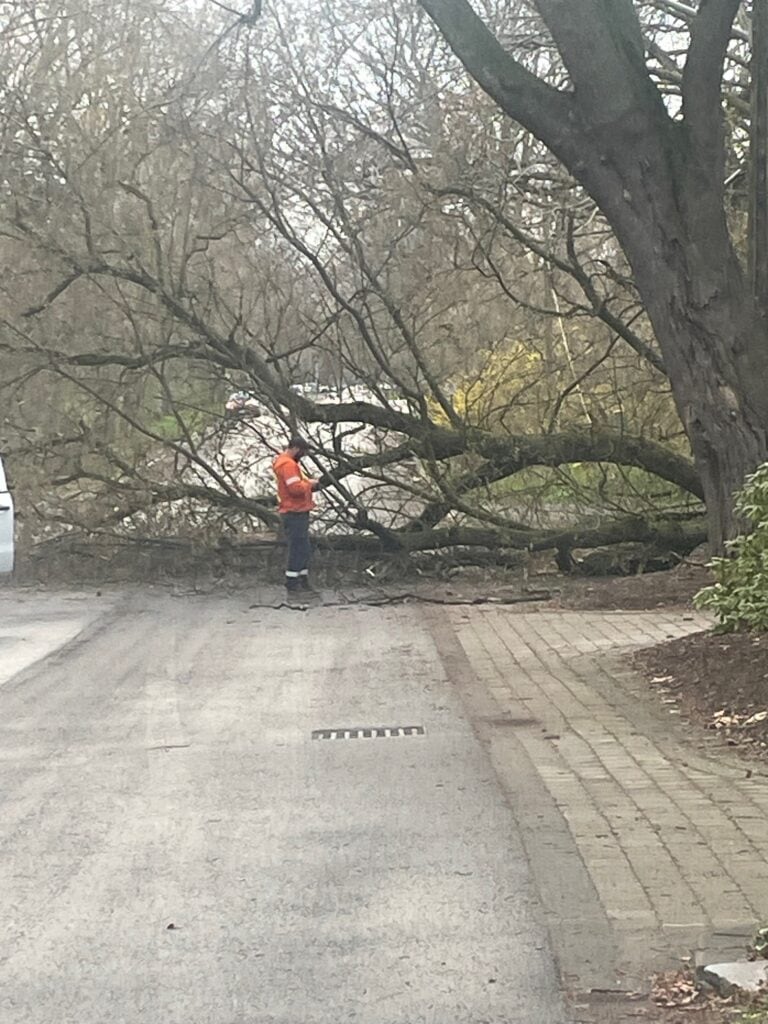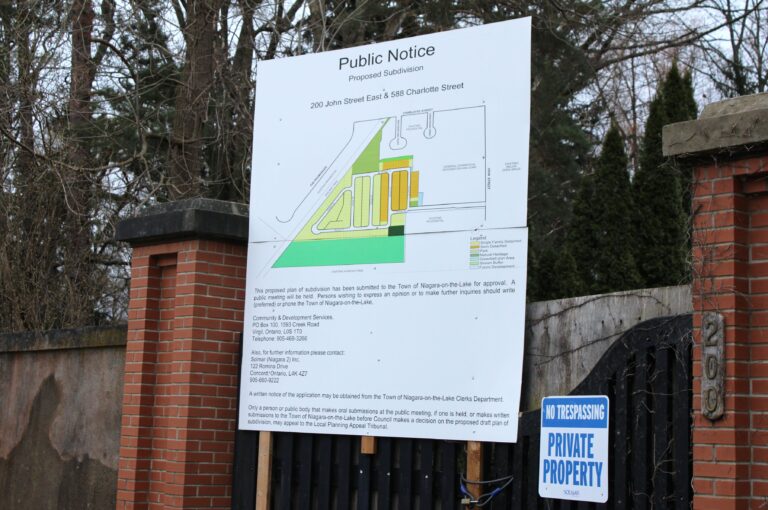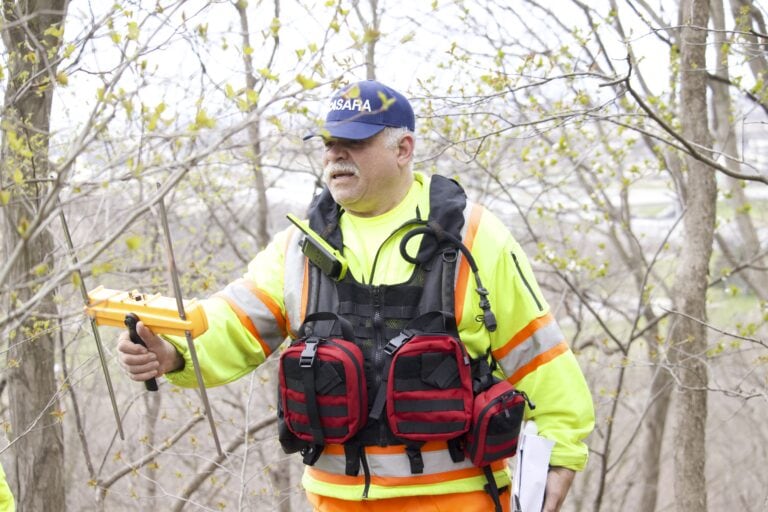Well, the halls of Ontario’s provincial government have certainly staged high theatre since Aug. 16, when the auditor general published her report regarding Premier Doug Ford’s Greenbelt legislation.
Her report, reinforced by the integrity commissioner’s subsequent findings, found that the housing minister’s office broke ethics rules (something this column suggested as far back as November 2022).
Between that date and this, when throwing the senior staffer (Ryan Amato) in the housing minister’s office under the bus failed to quell the rising backlash, the minister, Steve Clark, tendered his resignation.
And, in the short weeks that followed, two more cabinet ministers resigned: Kaleed Rasheed, under the cloud of possible connections to developer Shakir Rehmatullah and a trip to Las Vegas, and Monty McNaughton, who chose this time to leave public service for a job in the private sector.
After a few weeks’ attempt at plausible deniability, Ford, speaking in Niagara Falls, stated: “I made a promise to you that I wouldn’t touch the Greenbelt. I broke that promise. And for that I’m very, very sorry. It was a mistake to open the Greenbelt. It was a mistake to establish a process that moved too fast.”
”This process,” he continued, “it left too much room for some people to benefit over others. It caused people to question our motives. As a first step to earn back your trust, I’ll be reversing the changes we made and won’t make any changes to the Greenbelt in the future.”
Following which, the new minister of municipal affairs and housing, Paul Calandra, was charged with bringing forward legislation that would reverse Bill 23’s Greenbelt land grab, as well as investigating any other associated legislation passed by the Ontario legislature (under Ford’s majority) which may have resulted from possible commercial influences.
On Oct. 16, Calandra introduced legislation to return land from Ontario’s protected Greenbelt that his government had previously removed for housing.
And, this week, this same minister announced that the provincial government will reverse its expansion of urban boundaries for several communities (one of which is Niagara) after finding that processes used by the previous housing minister’s office did not meet the government’s standards.
Further, on Oct. 12, the acting auditor general, Nick Stavropoulos, confirmed that the Ford government’s use of municipal zoning orders is being audited.
To put this in context, a municipal zoning order is a provincial mechanism that allows the government to rezone a piece of land and override municipal development constrictions (municipal official plans and associated bylaws).
Prior to 2019, these zoning orders were a mechanism of last resort that the provincial government would utilize no more than once a year on average.
However, between March 2019 and March 2021, the Ford government issued 44 municipal zoning orders (22 per year), with nearly 40 per cent of these issued in favour of seven of the developer groups that stood to benefit from the repealed Greenbelt legislation.
Hmmm … is it just me or does anyone else see a common thread here?
And, while Stavropoulos is setting top priorities for future audit undertakings, he may wish to consider adding the Ontario Land Tribunal to the short list.
The Ontario Land Tribunal is an unelected tribunal comprised of individuals appointed by the provincial government of the day, before which a developer may appeal a municipal council decision on an application that the developer had brought before a local council.
This tribunal has the power to completely disregard local bylaws, requirements, official plans and the direction of voters in the effected community — provided that there appears to be sufficient discrepancy between local planning provisions and the overriding provincial planning law.
For most municipalities in Ontario the process is, in the parlance of my youth, “a mug’s game” — with the likelihood of success remote indeed.
To illustrate this, during the first eight months of 2022, the tribunal rendered 178 final or interim decisions: 172 (96.6 per cent) in favour of developers, while only six (3.4 per cent) were found in support of the municipality or community group(s) opposing a development.
How could this be, you ask?
It really boils down to financial resources or a lack thereof.
At first glance, one might suggest that there are very few municipalities that can afford to pay the cost of a legal team (and expert witnesses) on par with those of the developers who appeal to the tribunal each and every year.
But the financial issue is actually much deeper and far-reaching than that.
You see, the provincial government can, and regularly does, change the rules of the game – that is, provisions under the Planning Act.
This can be a directed legislative juggernaut such as bills 109 and 23, or much more frequently, a revision to a particular provision(s) of the Planning Act included in an omnibus bill.
So, let’s be very conservative and posit that Niagara-on-the-Lake’s 100 on-the-books bylaws were each very thoroughly vetted by town staff to ensure compliance with the provisions of the Planning Act in force at that time, prior to council passing the bylaw.
However, since the legislative landscape is a shifting thing, what was compliant yesterday, last week or last year, may not be today.
And, since these legislative changes do not, in the main, grandfather existing bylaws, this would require a review of all 100 bylaws and the subsequent revision of any that no longer comply, something that would eat up vast amounts of staff and council time and municipal dollars — a cost few municipalities can afford.
Consider the fact that, in the case of Ford’s Greenbelt legislative alterations alone, Pickering spent $360,163, while Grimsby’s expenses weighed in at $82,000 on planning to encompass the changes.
Thus, town staff are placed in the uncomfortable position of having to make application recommendations to council based on the provincial legislation, which may ignore a local, no-longer-compliant bylaw.
And, should council choose to deny the application in favour of the local bylaw (or other considerations such as the official plan), it invariably ends up in front of the Ontario Land Tribunal for a decision.
Interestingly, prior to 2018, the previous Liberal government had accepted a series of recommendations generated by a panel of municipal officials and development industry stakeholders to improve what was then called the Ontario Municipal Board, which was considered to be far too biased in favour of developers.
As a result, that government brought in legislation to address many (not all) of the recommendations.
Within a year of being elected, the Ford government passed the controversial Bill 108, a section of which rescinded the prior government’s changes and set the old rules back in place.
So, while the RCMP investigate the Greenbelt scandal and the auditor general reviews government use of municipal zoning orders, the Ontario Land Tribunal continues to further developers’ interests at the expense of municipalities and local citizenry.
And the beat goes on.
Brian Marshall is a NOTL realtor, author and expert consultant on architectural design, restoration and heritage.











